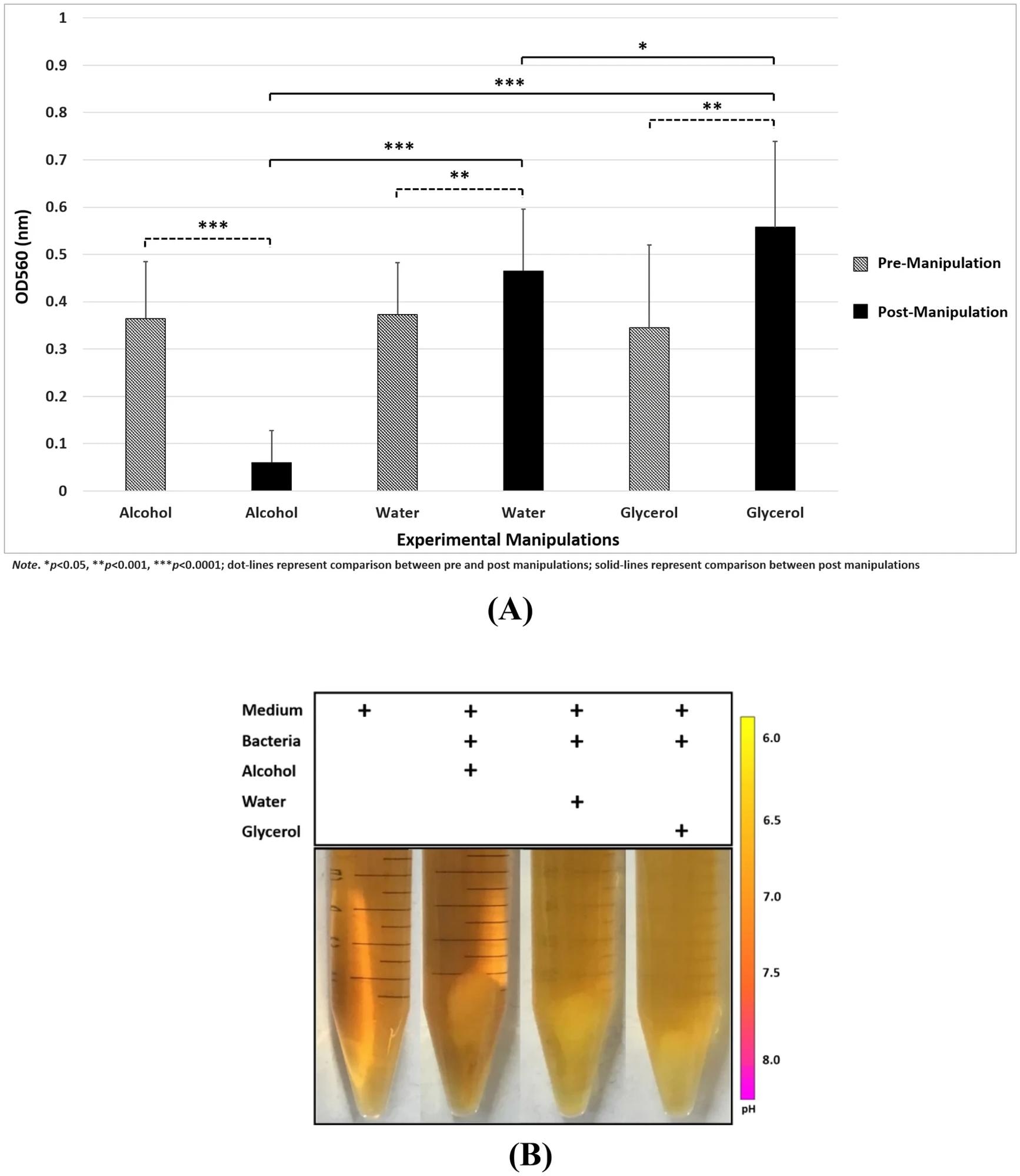Scientists at the National Central University, Taiwan, have explored the relationship between skin microbiota and brain cognitive functions using electroencephalography and machine learning methods.
Human microbiota is defined as a vast pool of heterogeneous microorganisms that mainly reside in the gastrointestinal (GI) tract (gut microbiota) and on the skin (skin microbiota).
The gut microbiota is known to play essential roles in regulating many physiological functions by producing short-chain fatty acids and other metabolites. Besides maintaining intestinal homeostasis and regulating metabolic and immune functions, gut microbiota plays a crucial role in regulating vital brain functions through the bidirectional gut-brain axis.
Like the GI tract, microorganisms residing on the skin are crucial for maintaining skin homeostasis, preventing foreign invaders (pathogens and chemicals) from entering the body, regulating immune functions, and decomposing natural products. These functions are exerted by short-chain fatty acids produced by the skin microbiota.
Bacterial growth on the human skin depends on several factors, including skin microenvironment, age, sebum level, hormonal level, and sweat production. An imbalance in skin microbial composition and diversity (dysbiosis) can lead to several skin diseases, including atopic dermatitis, wounds, psoriasis, acne vulgaris, diabetic foot ulcer, or Pityriasis Versicolor.
In this study, scientists have assessed the interactions between skin microbiota and cognitive function-related brain signals in healthy individuals.
Study design
The study was conducted on a total of 20 healthy individuals. Each participant's attention (cognitive function) level was measured using a classical oddball task comprising an odd and a standard stimulus with different frequencies that were presented in a random series.
The electrical brain activities of each participant were measured during the oddball task using electroencephalography (EEG) under three different conditions of bacterial population manipulation on the participant's forehead.
Bacterial populations were subjected to alcohol, glycerol, and water manipulations to investigate the impact of skin microbiota on brain cognitive functions. Alcohol, glycerol, and water manipulations were applied to eliminate skin bacteria, increase skin bacterial growth, and mimic natural skin bacterial growth.
The EEG changes (event-related potentials; ERPs) were analyzed using statistical and machine learning methods to detect the impact of skin microbiota manipulations on brain activities related to attention.
 (A) Significant effects of experimental manipulations on bacteria population; (B) Color changes after experimental manipulations indicated bacterial fermentation.
(A) Significant effects of experimental manipulations on bacteria population; (B) Color changes after experimental manipulations indicated bacterial fermentation.
Important observations
The optical density measurements of bacterial populations under three experimental manipulations revealed significantly increased bacterial growth under water and glycerol conditions compared to that under alcohol conditions.
The levels of cognitive processes of the participants were determined by measuring ERPs of N200 (a negative peak at 200 milliseconds) and P300 (a positive peal at 300 milliseconds) in response to experimental stimuli.
According to the available literature, increased N200 amplitudes are indicative of selective allocation of spatial attention, detection of novelty or mismatch, and cognitive control. Similarly, enhanced P300 amplitudes are related to selective attention.
The effective implementation of the oddball task was determined by examining ERPs under the water manipulation condition. The findings revealed significantly higher P300 amplitudes in the central-parietal area in response to oddball stimulus compared to that for standard stimulus. This indicates effective implementation of the task.
The ERP measurements under experimental manipulations revealed that the alcohol manipulation (bacteria removal) causes significant induction in P300 amplitudes in response to only oddball stimulus when compared to the water and glycerol conditions (increased bacterial growth). These observations suggest that removing bacteria from the skin increases the attention level of participants.
However, despite significant variation in bacterial growth under water and glycerol conditions, these two experimental manipulations observed no significant differences in P300 amplitudes.
This observation indicates that the effect of the skin bacterial population on the P300 signal is not proportional to the number of bacteria. Instead, it can be assumed that the increased bacterial population does not degrade the brain signals.
Based on pre-existing evidence, the scientists hypothesized that glycerol can increase the growth of specific but not all bacteria and that not all bacteria can affect the brain signals. They further assumed that the reduction in P300 amplitudes under water and glycerol conditions might be due to an imbalance in short-chain fatty acid concentration on the skin due to bacterial overgrowth.
Study significant
The study finds that removing the skin bacterial population can significantly increase P300 amplitudes along mid-line channels, indicating a considerable improvement in attention level.
The study also finds that machine learning classifiers can separate each experimental manipulation by utilizing EEG data with more than 88% accuracy.